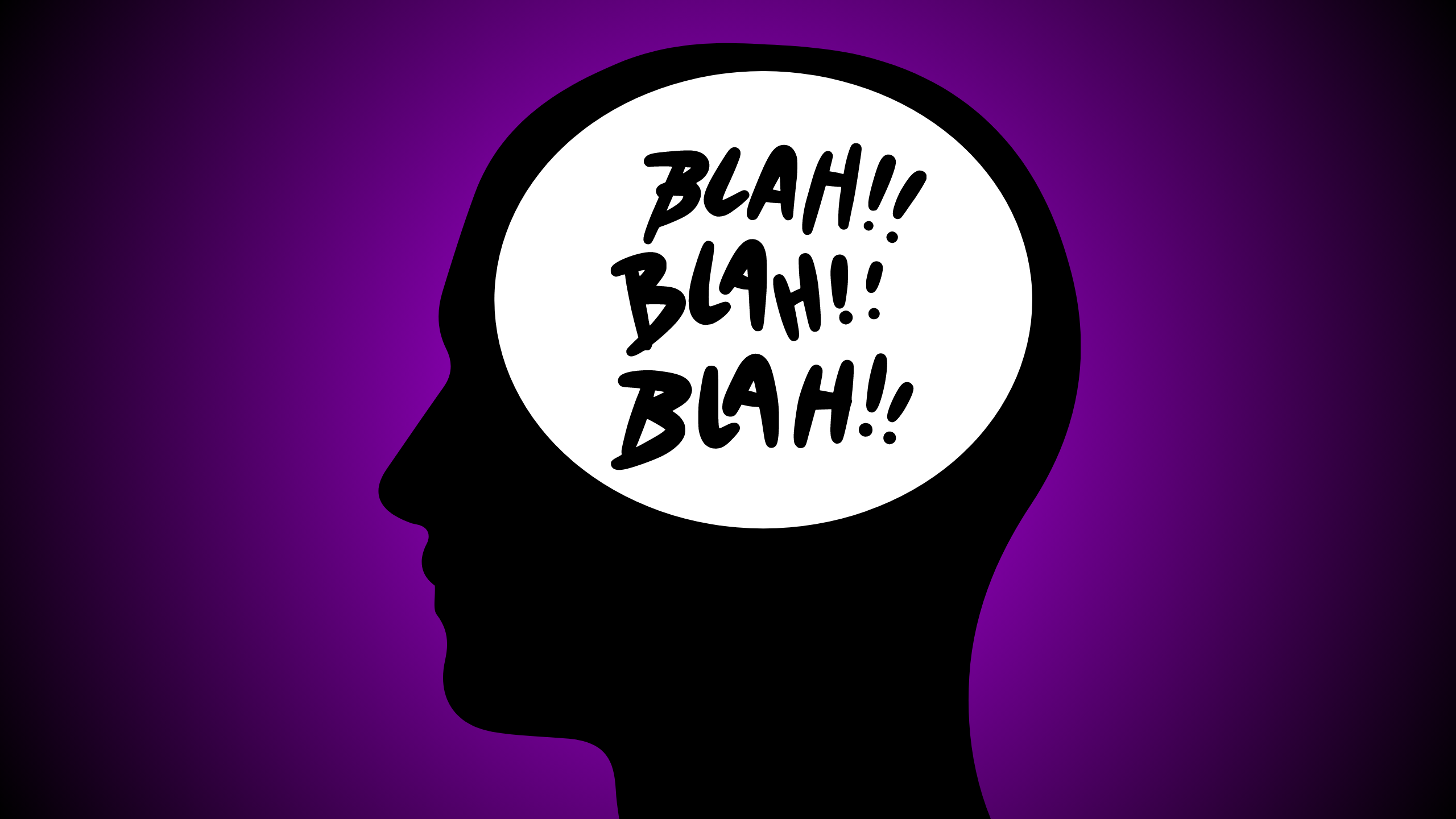Have you ever had a running commentary that goes on inside your head, usually pertaining to what's going on around you, though it can extend to past experiences, future plans or pretty much anything ?
An internal monologue is a discussion that a person has with themselves in their heads. Of course, you are able to practise and think in sentences. However, hearing in this context does not refer to actual noises entering your ear.
Example: Imagine that after a long day of work, you are exhausted, and your mother urges you to do the laundry. At the beginning, you could think, "Oh no, I'm too tired today. I'll do it later." And what kind of tone will that voice have? a slothful one. And then let's say you are having a conversation with someone about something you both adore! What voice tone will you use then? Yes, there will be joy and excitement.You talk forever in your life, and it's scientifically proven that when you get very close to someone, you can hear their voice when you read a text, or message, or letter from them. You are of course close with your own self (of course). So, when you are having an internal monologue with yourself, you might've noticed, your voices take on a tone of voice that you might have taken had you been talking about with someone this in real life. This is what hearing voices is called in internal monologues.
Science behind Inner talks
One part of your brain takes in data - your visual cortex if you're reading, or your auditory cortex if you're hearing something. Another part of your brain looks for meaning and patterns and decides if this is "language". If so, it gets sent to the language processing center (Wernicke's area) which provides meaning to the sounds. This forwards information to your pre-frontal cortex and you become aware of hearing or reading the language, but that awareness is a separate thing from actually hearing/reading and understanding it, which already happened.The above doesn't happen with the internal monologue of course as it's not external. Instead, meaning comes from within, gets processed through a language-production center (Broca's area) and is fed into the pre-frontal cortex, where you become aware of it.
For someone without internal monologue, the missing area is the Broca's area to pre-frontal cortex step. It just doesn't happen, but they still read it, they just didn't have the language fed to their consciousness.
For those with internal monologue, all meaning proceeds through Broca's area and to the pre-frontal cortex, (or a lot anyway), creating the monologue and the awareness of it. For others the concepts can exist without processing into language, and the rest of the decision making apparatus still fully operates.
i.e translating into language and awareness of the language are not necessary in the actual decision making process - the idea that it is is an illusion.
Interestingly most of our "conscious thoughts" arrive after a decision has already been made. This has been tested and confirmed. We rarely solve problems consciously. We actually solve the problems then become aware of the solution we came up with, while our pre-frontal cortex invents or just becomes aware of the connecting ideas that led to the solution.
